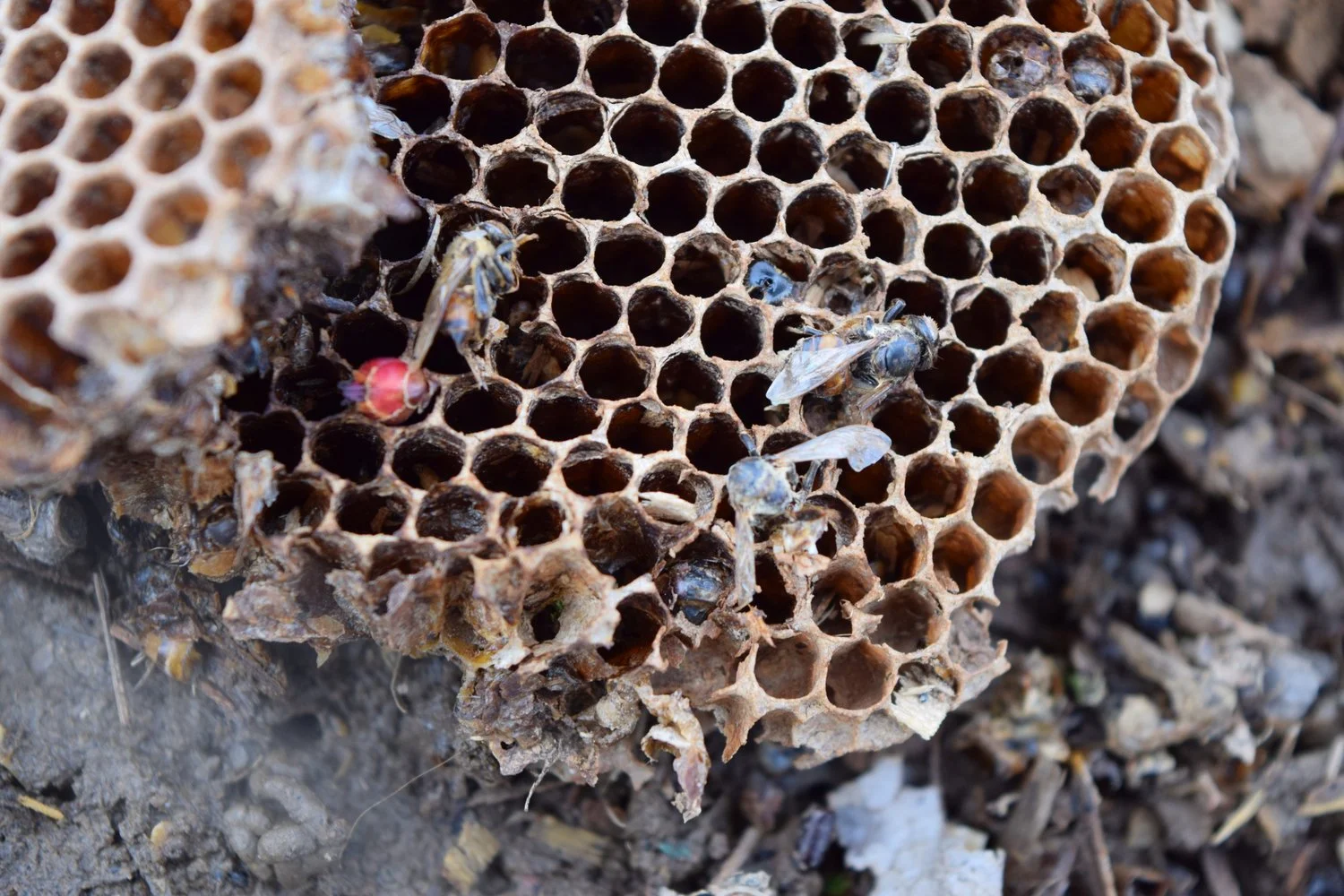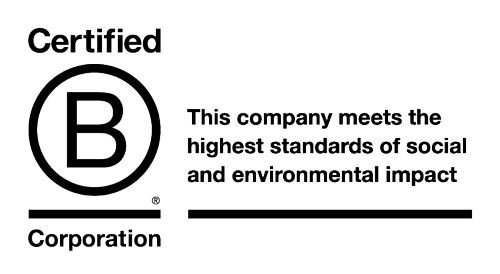National Honey Bee Day
National Honey Bee Day
The bees need our help.
It’s National Honey Bee Day in the USA on the 20th August. A day that was created to highlight everything these vital pollinators do for the natural world, and the challenges they’re facing. Let’s celebrate them for a moment with a bee dance…
To support this important day of awareness, we’re going to touch on some of the threats faced by honeybees around the world, and inspiring projects that are actively helping honeybee populations.
As a creative agency dedicated to creating a positive impact, we believe that businesses have a huge role to play in supporting environmental solutions. Increasingly many businesses are contributing a percentage of their profits towards ecological solutions — this is a trend we’d wholeheartedly like to support.
After all, the time for businesses to get involved in campaigns to protect our natural world is now. The plight of honey bees is one problem we urgently need to solve to protect the world’s ecosystems.
Let’s take a closer look at some of the numbers.
To give a statistical picture of how much honey bees are struggling, U.S. National Agricultural Statistics show a honey bee decline from about 6 million hives in 1947 to 2.4 million hives in 2008, equal to a 60% reduction.
And this decline in honey bee numbers is a huge threat to our food system. Honey bees perform about 80% of all pollination worldwide. Without all of the plants pollinated by this active species, we’re going to have a tough time feeding all of the human beings alive on earth.
The way that multinational food producers grow crops has a huge part to play in the decline of honey bee numbers. Intensive agriculture practices create homogenous landscapes, growing just one type of crop. The lack of diverse flora reduces the amount of food and nesting resources available for honey bees, making it harder for them to survive.
The chemical pesticides used in intensive agriculture also impact honey bee numbers — and the toxic impact of these pesticides has doubled in the last decade.
As Greenpeace state on their page about honey bees in the USA:
“Worldwide bee colony collapse is not as big a mystery as the chemical industry claims.
The systemic nature of the problem makes it complex, but not impenetrable. Scientists know that bees are dying from a variety of factors—pesticides, drought, habitat destruction, nutrition deficit, air pollution, global warming and more. Many of these causes are interrelated. The bottom line is that we know humans are largely responsible for the two most prominent causes: pesticides and habitat loss.”
We feel that it’s important to hold corporate organisations to account for their impact on the environment. For example, any chemical companies downplay the harmful effects of their pesticide products, and outright deny responsibility for the effects of their chemicals on ecosystems worldwide.
We believe that businesses should be taking responsibility wherever they can, and use their profits to support meaningful solutions. Public awareness helps to put pressure on these corporations, so we feel that a clear focus for National Honey Bee Day should be holding the producers of chemicals for intensive agriculture accountable.
It’s time for a new kind of business — one where people and planet come before profit. Since the carbon emissions generated by business activities around the world directly contribute towards the decline in honey bees, businesses should be owning their part, and changing the way they operate.
It’s not all bad news for bees.
We know you are probably crying by now, but hold up, it’s not all bad news for bees. There are also amazing charities out there empowering local communities to save their native bee species.
The Planet Bee Foundations aims to educate people on how to build their own bee houses, offering free education in schools funded by their donors.
Project Apis m. comes from the scientific name for honey bees (apis mellifera). They’re a leading research organisation for honey bee health, and crop pollination initiatives in the US. One of their programmes is Seeds For the Bees — a seed mixture provided to Californian vineyards, farms and orchards, providing food for bees during scarce months.
The National Wildlife Federation encourages local citizens to restore pollinator wildlife habitat through their Garden for Wildlife program. They provide education and seed packages to help communities grow plants that are native to their geography, creating more food for the local bees.
At little left field perhaps for some, but one of the most inspiring projects we’ve come across in recent years is Paul Stamet’s work to help bees using a mushroom extract that boosts their immune system health. The nutritional support helps to extend the lives of worker bees and improve hive health, helping to deal with some of the factors leading to colony collapse.
Why not look up these organisations, or seek out the honey bee saving groups in your local area? It seems pretty appropriate to us to take collective, network-enabled action to save honey bees — they are such a pro-social, collectivised species after all.
The honey bee problem could be seen as representative of humanity’s relationship with the natural world. Currently it feels like too many corporations are carrying on with business as usual, despite the overwhelming evidence showing how their operations are affecting our world. This is why we work with environmental organisations whenever we can, helping to spread a new story about ecological responsibility.
As an agency with a background in documentary filmmaking, we have a sharp focus on the environmental destruction that’s taking place worldwide, largely thanks to unregulated corporations and careless business practices.
One of the reasons we applied, and became a B Corp was to join an international collective of businesses working to make a positive impact on the environment. After a lengthy process, we achieved our B Corp certification at the beginning of this year. We want to be a part of the new movement fixing problems that humans create for our environment and ecosystems — rather than operating carelessly in the name of profit. If you’re interested in this new, certified way of doing business — check out bcorporation.uk to learn more.
That’s all folks.
Working with environmental organisations on important campaigns will always be a priority to us, so we can use our creative services to pull the world’s attention to where it’s truly needed.
If you’d like to work with a purpose-driven digital marketing agency on your next environmental campaign, we’d love to hear from you. Buzz us over an email - sorry, couldn’t resist.












